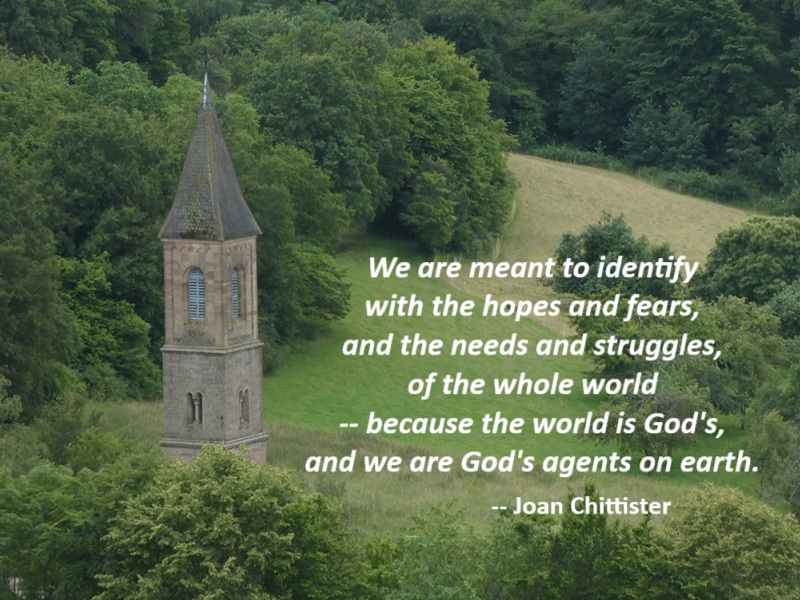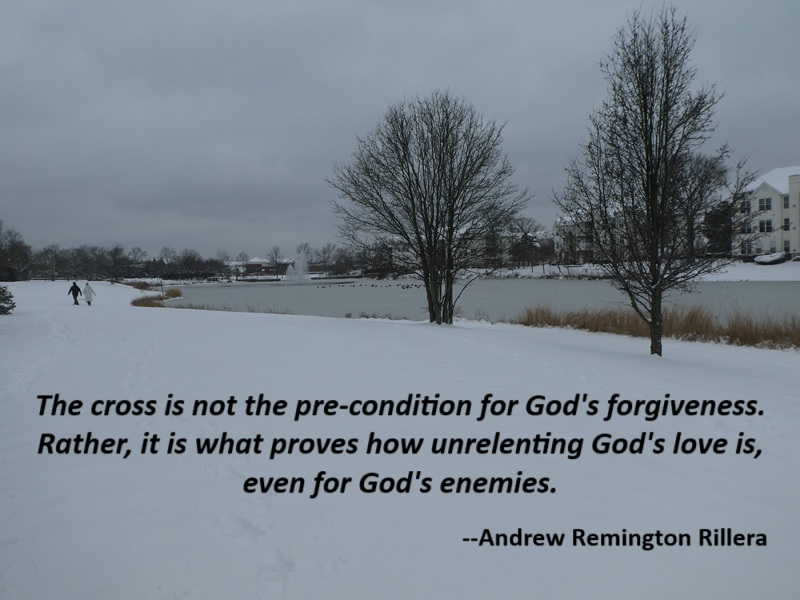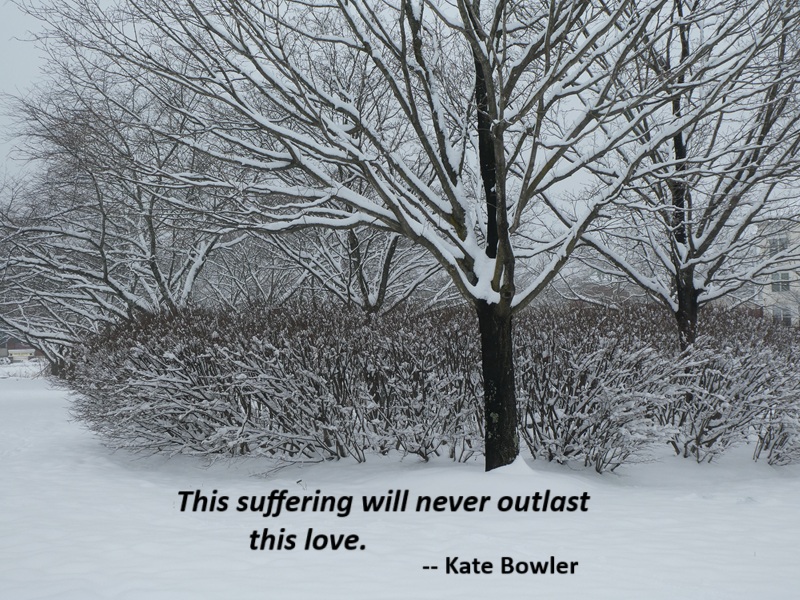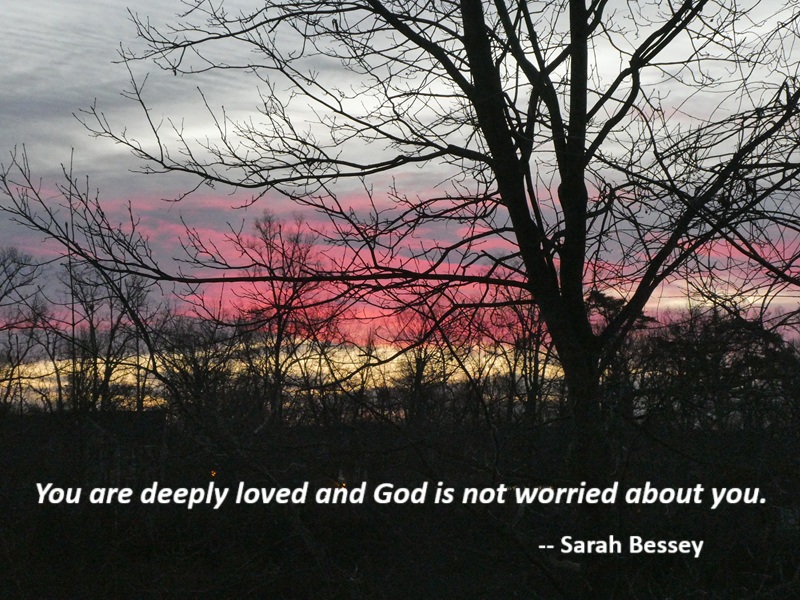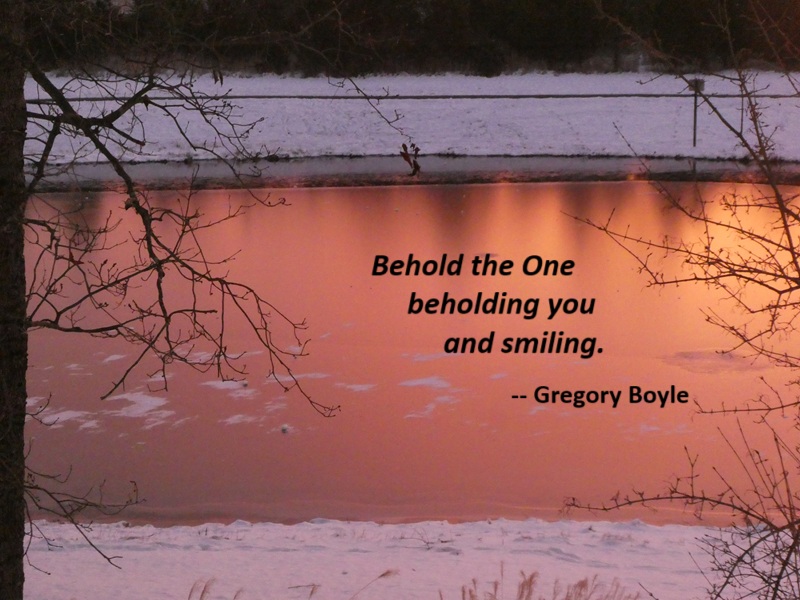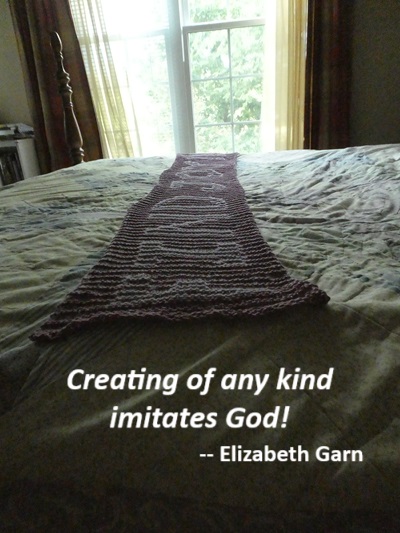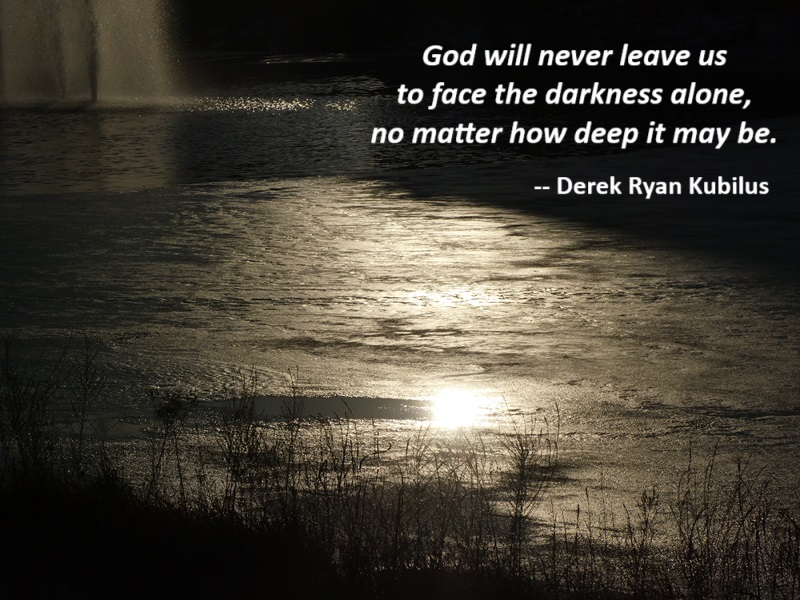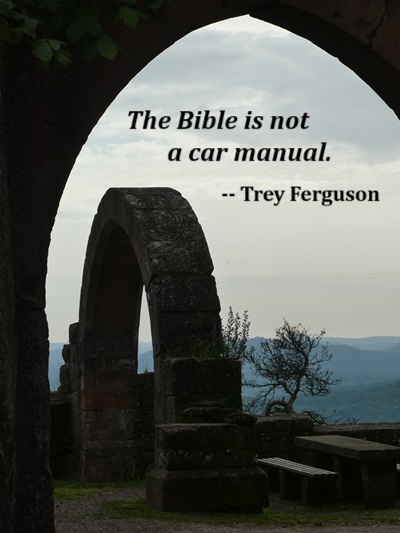Go High
If our postmodern world seems highly subject to cynicism, skepticism, and what it does not believe in, if we now live in a post-truth America, then we “believers” must take at least partial responsibility for aiming our culture in this sad direction. The best criticism of the bad is still the practice of the better. Oppositional energy only creates more of the same. All problem solving must first be guided by a positive and overarching vision.
We must reclaim the Christian project, building from the true starting point of Original Goodness. We must reclaim Jesus as an inclusive Savior instead of an exclusionary Judge, as a Christ who holds history together as the cosmic Alpha and Omega. Then, both history and the individual can live inside of a collective safety and an assured success. Some would call this the very shape of salvation.
–Richard Rohr, The Universal Christ, p. 67-68
Photo: South Riding, Virginia, February 12, 2025

